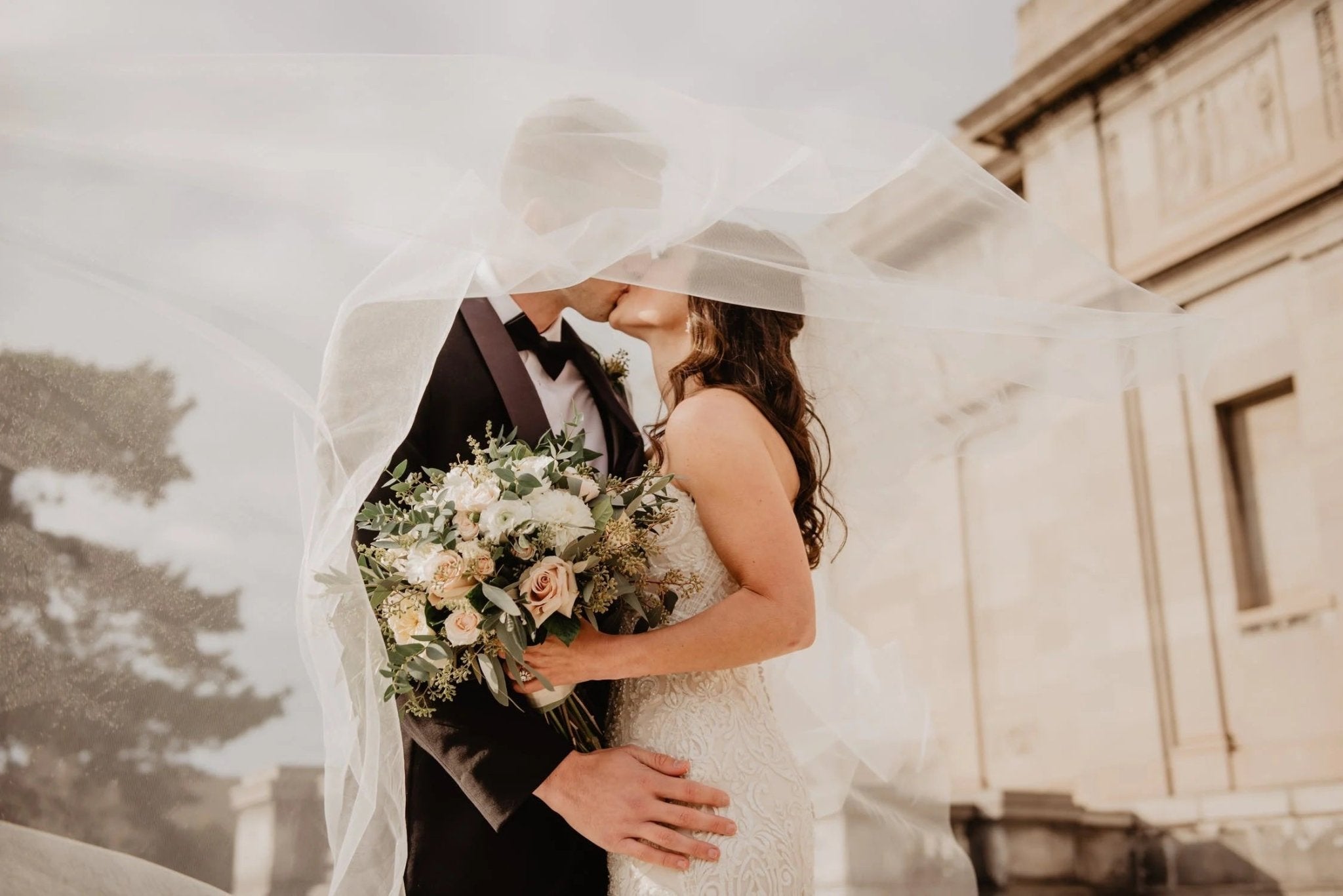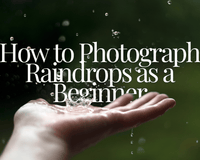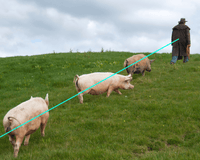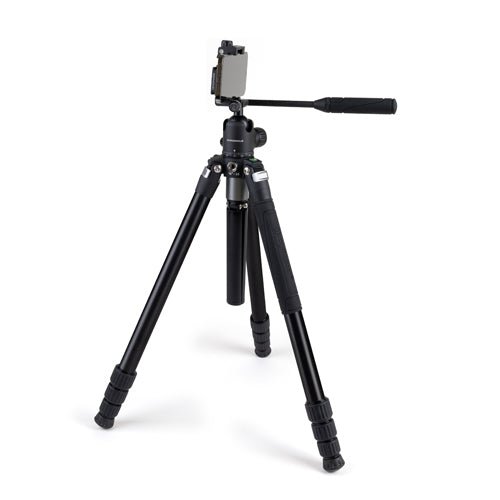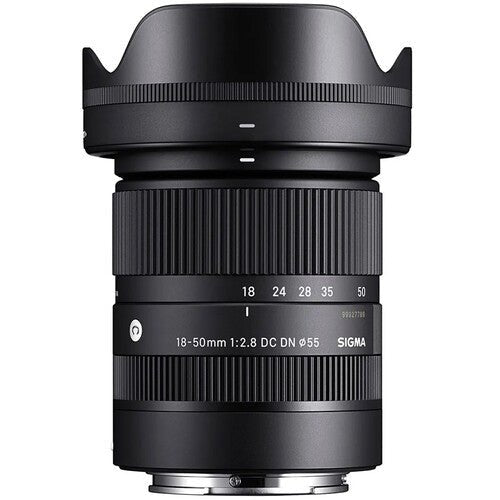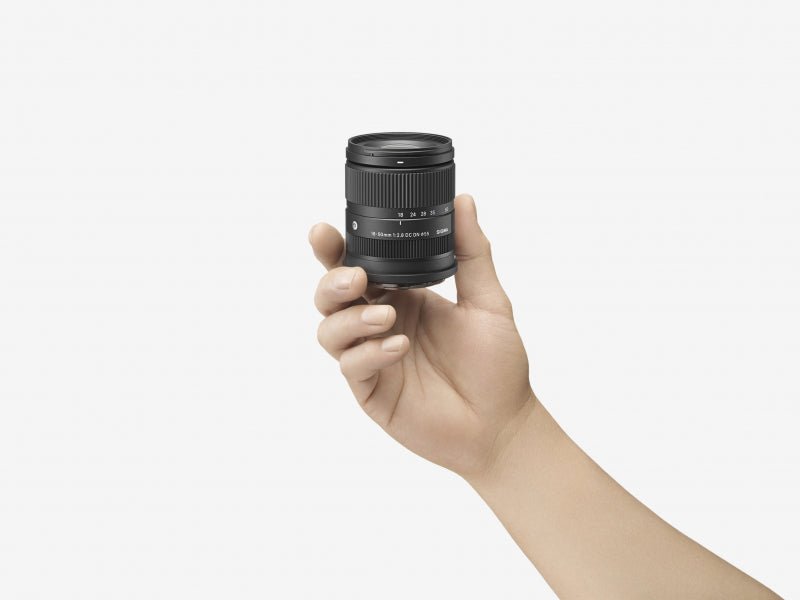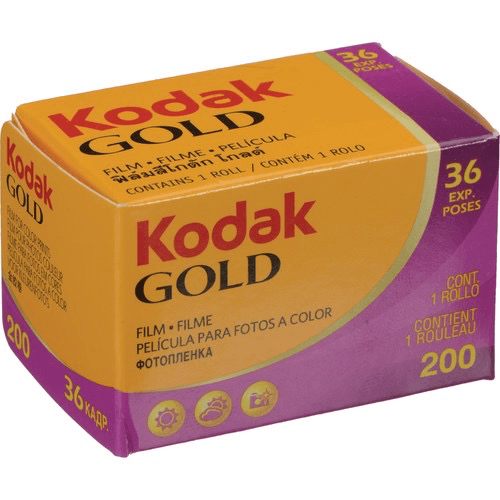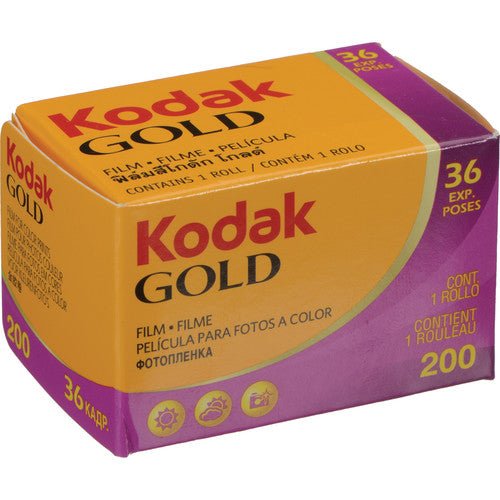You'll almost certainly get a side hustle or two after film school. Taking on work as a wedding videographer is frequently regarded as an excellent summer job with the potential to make a decent living at someone else's party.
On the other hand, some film school graduates may be scared away by the prospect of dealing with a bridezilla every weekend all summer long.
"Weekend warriors" and "tailored experience professionals" are the two types of wedding videographers; pick which one you are and start designing the services you offer.
To better help, you define yourself: These two sorts of wedding videographers have distinct clients and ways of working. A weekend warrior works on the side in addition to having another job. Wedding videography as a profession implies that you are running wedding video filming as a business.
Essential tips for Wedding Videographers:
- Create realistic expectations with your clients
- Choose the right gear
- Be swift on your feet
- Make sure you shoot ALL the key moments
- Ensure the audio is being recorded properly
- Never stop communicating with your clients
- B-Roll is your Bestie
Running a photography or videography business entails promoting oneself, obtaining customers, and developing connections. A company will spend 20% of its time shooting and 80% running the firm. Getting clients and establishing relationships are all part of running a business.
If you're looking to take your side gigs to the next level, here are a few tips to help capture people's most special day:
1. Create realistic expectations with your clients
Setting expectations with clients is one of the most challenging things for a new wedding videographer to grasp – and for the best reasons, you want to promise your clients the world.
The two of you must have the same vision for the final product. Your customer may expect your service to be similar to one they saw on a friend's wedding video. Sit down with your client and discuss what you'll be able to do (in terms of equipment restrictions, skill levels, number of camera operators, etc.). Giving them a clear picture from the get-go will limit stressful misunderstandings later.
2. Choose the right gear and know that gear like the back of your hand
The equipment you use to film your wedding video will make or break it.
Keep a tripod in your bag for extra stability when shooting. Ensure your camera is suited for low-light situations, especially during the ceremony's indoor portions. If you're moving from bright sunlight to dark inside places, understanding your camera settings inside and out will aid in resolving issues quicker if something unexpected happens. You can't afford to miss a single moment.
3. Be swift on your feet
There are no do-overs on the wedding day, and you need to be able to read between the lines and anticipate what will happen. Ideally, you'll go unnoticed at the wedding as you move about quickly, capturing moments. It will likely be a long day on your feet, so bring light clothes and avoid relying on incredibly bulky equipment.
4. Make sure you shoot ALL the key moments
There are certain events that people want to see in their wedding films, so it's critical to include them as your starting point.
Your client may have certain events in mind. Still, there are several typical situations to photograph, such as the bride getting ready before the wedding ceremony, walking down the aisle, etc.
Make a list of events to look forward to and capture, but don't make it so long that you're more concerned with the list than the shoot.
Overall, don't be afraid of leaning on the classics. Wedding videos aren't the time for you to think outside the box.
5. If you're going to nail one thing perfectly, ensure it's audio
When it comes to video shoots, the sound is frequently neglected, yet it is one of the most essential aspects of your finished film.
You'll need a mixer to distribute audio in your ceremony. You might use an on-camera microphone for ambient sound and then a lavaliere or zoom recorder to record the bride/groom/officiant during the ceremony.
Putting a microphone on a wedding dress might be difficult, so one method is to only mic the groom for the couple's vows and have the levels adjusted to pick up both voices.
6. Never stop communicating with your clients, even on the day of the wedding
Ensure you understand the day's schedule and where all activities will occur. You'll need to be one step ahead of everyone else to succeed, and you'll have to know what's coming next and where it will happen.
7. B-roll is your bestie
The only painful thing about going through a slew of b-roll is not having enough usable footage.
Watch gorgeous photographs of people or close-ups as you capture your 'must have' occurrences throughout the day. Shoot plenty of b-roll, more than you believe is necessary, but keep your shots intentional and don't shoot unless it's worth your final video.
So, should you get 'hitched' to the idea of becoming a wedding videographer?
Only if you enjoy hard work and dealing with people. It takes a particular temperament and personality to put people at ease. Not only is this the biggest day of their lives, but most people aren't comfortable on camera during a regular day! Keep that in mind.
Whatever you decide to call it—weekend warrior, career wedding videographer, or neither—wedding videography is a fantastic way for a film school graduate (or anyone with a camera and microphone) to use their talents, solve problems on the fly, and make money.
When it comes to a wedding gig, don't be afraid to say, "I do."
Related article: Starting a Photography Business Checklist
Related article: Portrait Photography Tips Every Photographer Should Know - 10 Tips
Related article: Best Camera Settings for Video
Related article: Tips for Filming at Night

